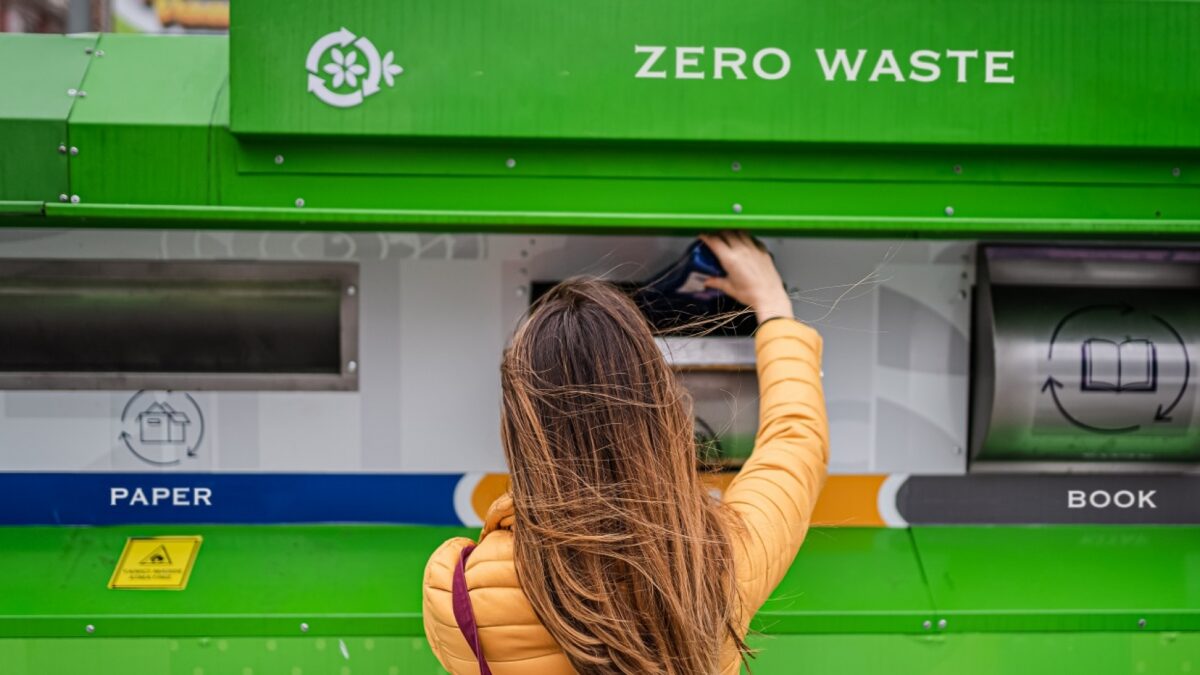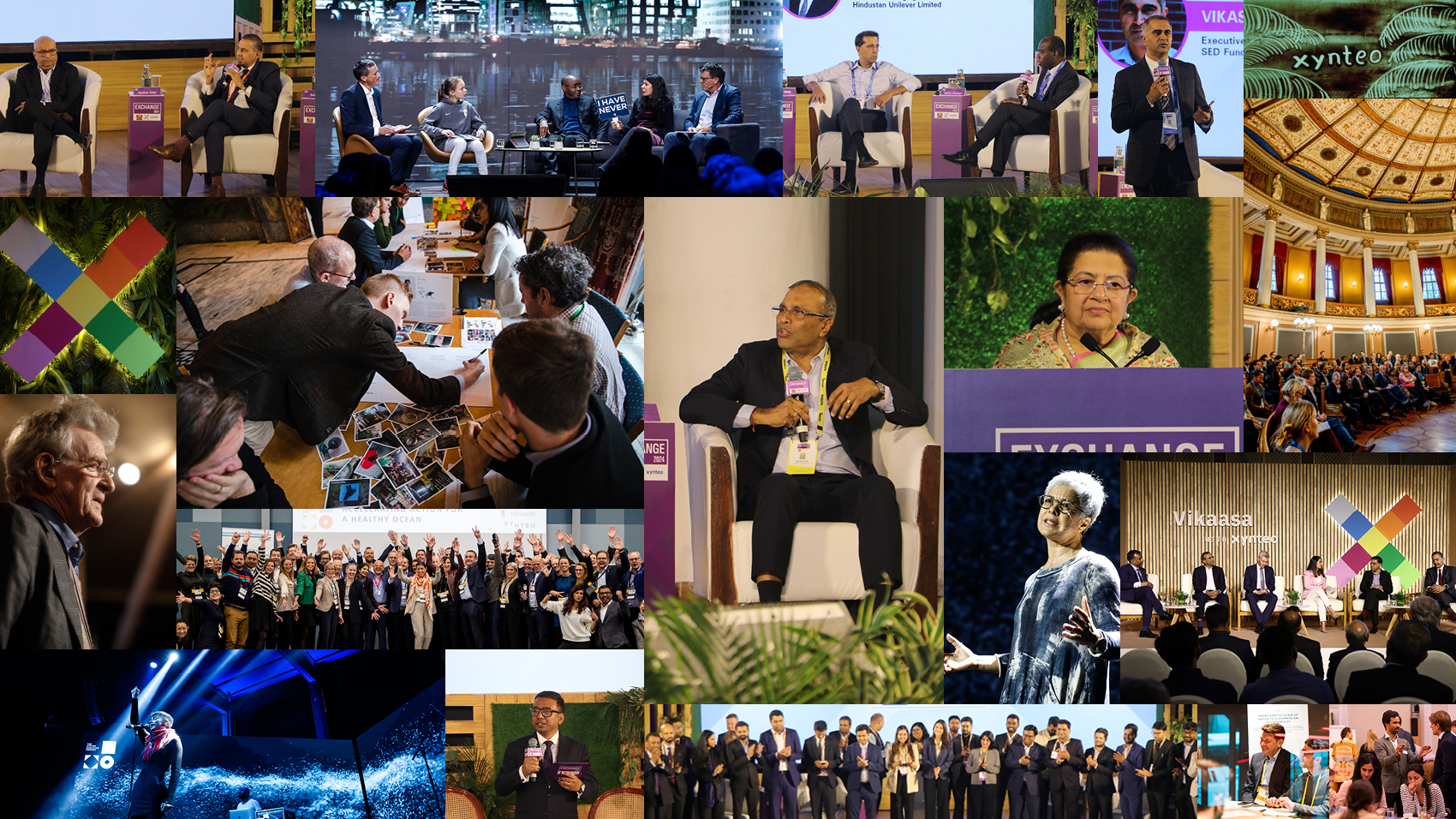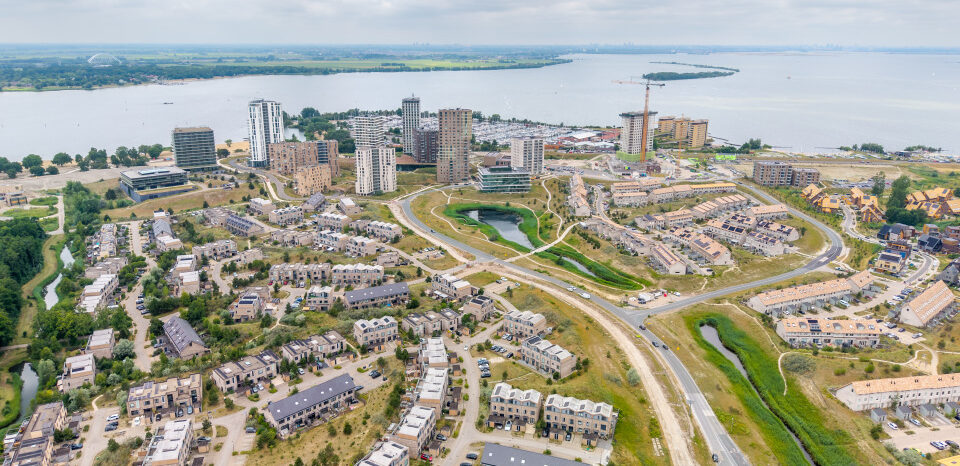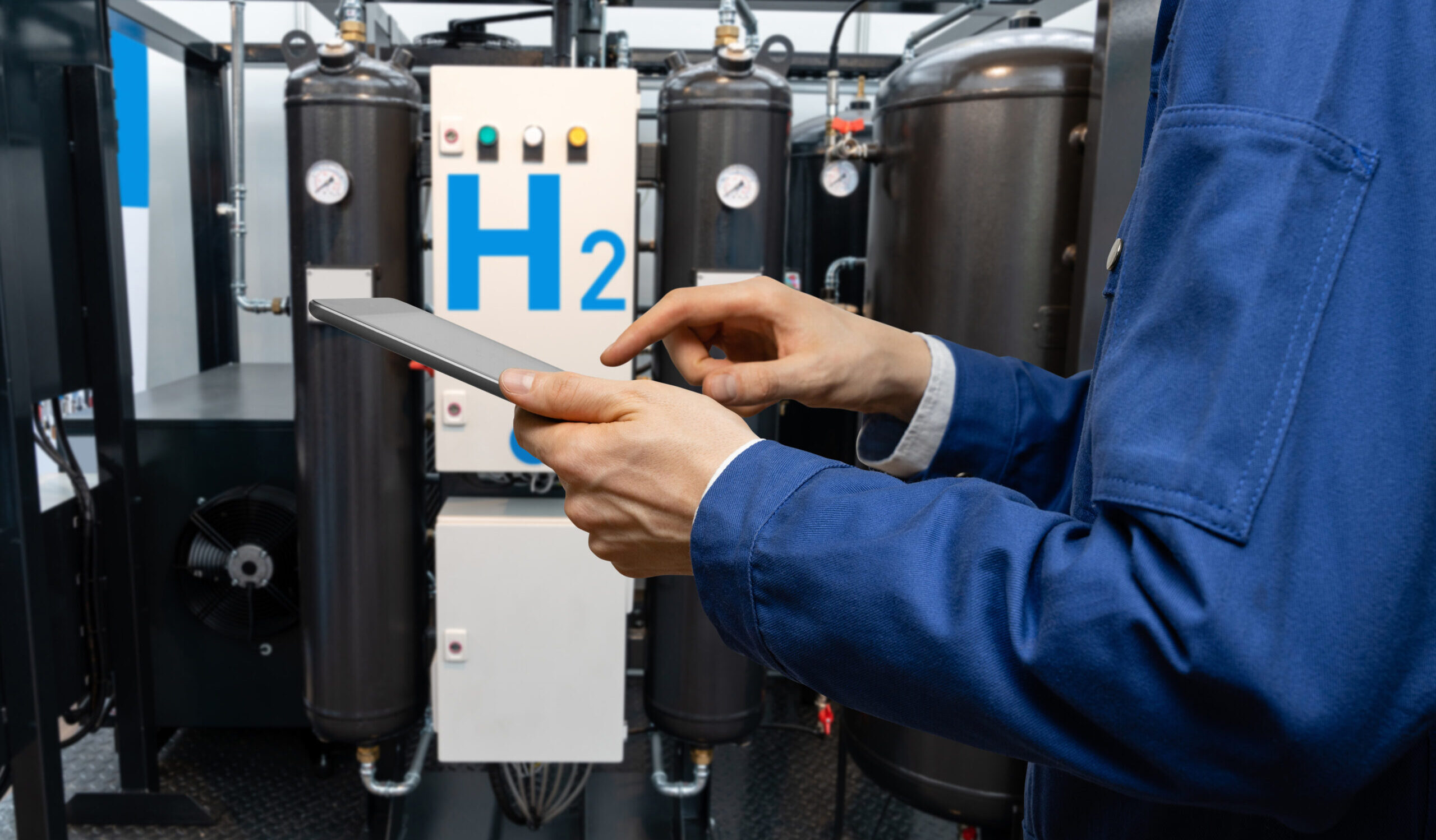Each year, World Environment Day is a moment to reflect, challenge ourselves, and recommit to taking planet-positive action. This year’s theme, #BeatPlasticPollution, highlights the broader ecological consequences of human activity beyond the climate crisis.
Merely pledging is no longer sufficient. As we approach 2030, leaders and organisations must engage transparent strategies and take tangible actions to effectively reduce environmental impact and work towards a sustainable planet.
Companies have a pivotal role to play in the net zero transition by prioritising sustainability in their commercial operations. Recognising the significance of corporate engagement, the United Nations introduced the Global Compact Strategy to mobilise a vast network of 20,000 companies worldwide to embrace sustainable practices, contribute to the achievement of Sustainable Development Goals and promote inclusive and sustainable economic growth.
Unleashing the power of commitments
Despite these lofty ambitions and a wealth of commitments, many corporations continue to fall short – with the current generation of CEOs facing a tremendous task to meet the promises made by their predecessors. A recent World Bank report has found that a mere 157 multinational corporations are responsible for 60% of industrial emissions. While 40% of them have pledged to achieve net-zero emissions by 2050, we can and must do more.
As the world grapples with increasingly frequent and severe climate events, it is clear that bolder action is necessary. Commitments are a powerful tool, but as we head towards 2030 we must focus on realistic pathways to these goals and demonstrable action.
It’s inspiring to see that 20% of businesses are blazing a trail with long-term climate strategies. Their leadership and experience are crucial in highlighting the need for other organisations to catch up and providing lessons to others from their successes and failures. The time has come for organisations and their leaders to confront the reality of integrating sustainability into the very essence of their business strategy.
Equipping leaders with the essential knowledge, tools, teams, and stakeholder support will be key to accelerating impact. It’s encouraging to note that organisations are increasingly recognising the importance of transparency and authenticity, with 68% of US executives acknowledging the need to address greenwashing practices and strive for genuine sustainability efforts. The first step to fixing a problem is acknowledging it exists.
Of course, commitments without tangible actions fall short of delivering real solutions, particularly when it comes to this World Environment Days’ theme of #BeatPlasticPollution.
In May, UN Environment Programme (UNEP) released a roadmap to reduce plastic waste by 80% by 2040. To tackle the escalating plastic crisis – global plastic waste production surged to 353 million tonnes in 2019, double the amount generated two decades ago, as per OECD data – we must prioritise comprehensive strategies that encompass reducing plastic consumption, promoting sustainable alternatives, and fostering circular economies that minimise waste generation from the outset. Waste No More – Islands of Excellence, for example, implemented through a public-private partnership (PPP) model, has successfully brought together various stakeholders to kickstart this systematic change.
Bridging the gap between commitments and action
The responsibility for driving ecosystem change does not rest solely with an individual business’ C-Suite. Instead, cross-functional, and cross-geographic teams must be empowered to spearhead transformative initiatives. Often, organisations struggle to transition to more planet-friendly models due to hierarchical structures and the lack of empowerment given to employees at all levels. We can’t rely just on a single CEO, department head or chief sustainability officer to deliver net zero, we need a combined effort. With 93% of the world’s largest companies potentially failing to achieve their goals if they don’t at least double the pace of emissions reduction by 2030, it is essential that organisations focus on fostering a culture of creativity, agility, and empathy to overcome barriers and drive impactful change.
It is crucial to also approach change from the grassroots level, and carefully construct a detailed and personalised narrative that effectively communicates internally and externally why this change is necessary. To do this, leaders must actively engage employees, communities, valuechains and the wider societal ecosystem in a holistic approach to systems change.
Coalition programmes such as Vikaasa facilitate this type of cross-sector partnerships, knowledge sharing, and capacity building, and enables participants to implement effective strategies, adopt sustainable practices, and drive real change on the ground. This approach ensures that actions are not just isolated efforts, but part of a larger movement towards a more sustainable and plastic-free future.
Ground-breaking programmes effecting tangible change on ground like Waste No More have brought together various stakeholders to work on several levers within the value chain, including source segregation, improved collection infrastructure, inclusion of the waste management community, and raising awareness among individuals. Rather than creating a parallel economy or reinventing the wheel, it leverages existing systems and calls for collaboration between the public and private sectors to create a unique template that can transform the waste management system, facilitate plastic circularity and be systematically replicated across regions.
This World Environment Day is a good time to start working on actively collaborating, embedding sustainability into our practices, and engaging external stakeholders, so that we make significant strides towards reducing plastic waste and creating a more sustainable future for our planet.
–
Stay up to date with our latest interviews by following us on social media (LinkedIn I Twitter), or Contact Us to find out how we can help your leaders and organisation create people and planet-positive impact.



